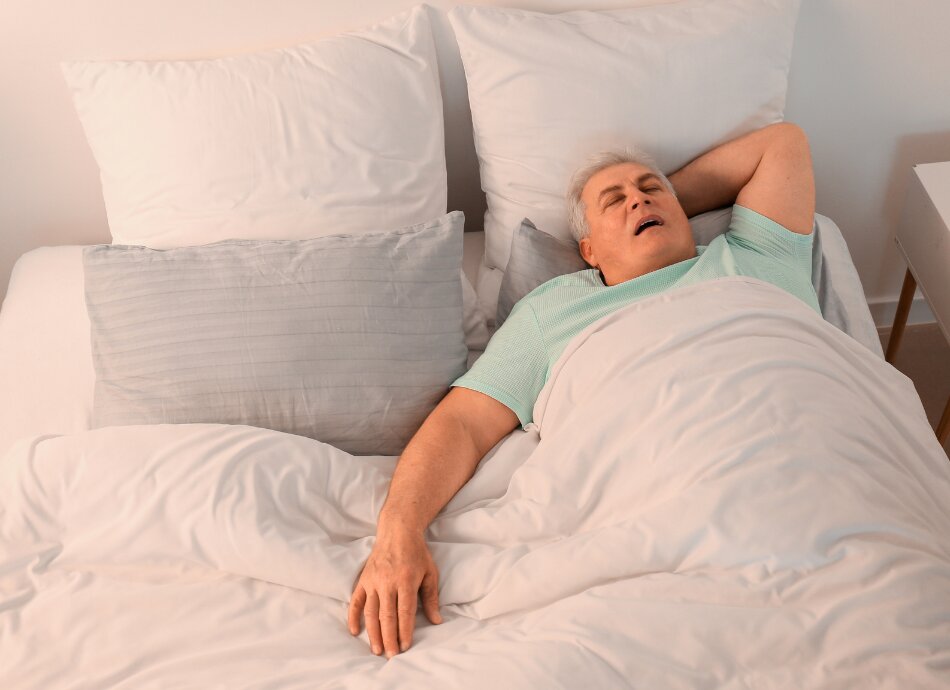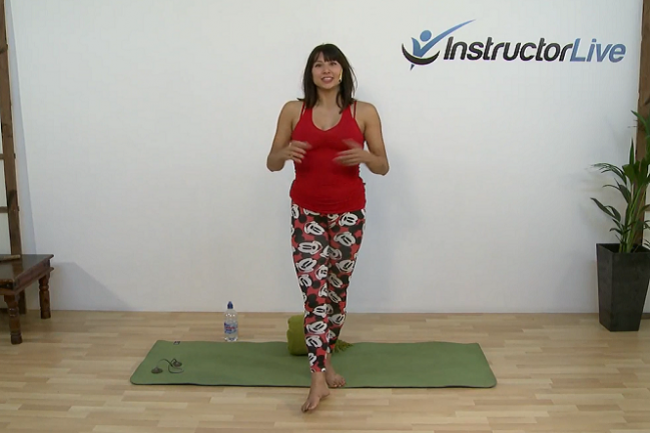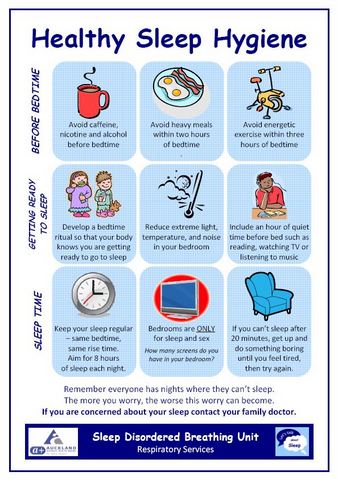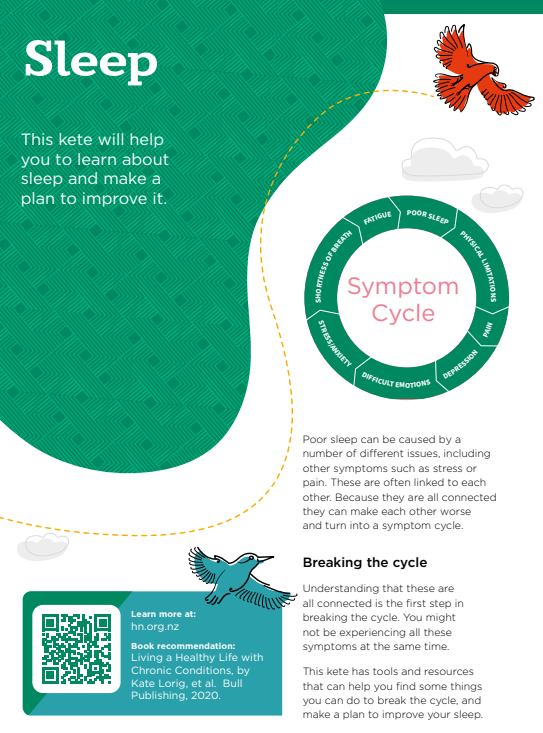Continuing professional development
Webinar: Sleep health, insomnia & practical solutions(external link) Sally Powell, Nurse Practitioner, Masters of Health Sciences
About this presentation:
The impact of sleep deprivation can be significant, with often simple measures making a big improvement to wellness. The range of sleep disorders that affect sleep quality is vast and this presentation will:
- Improve knowledge of identifying the aspects of good versus poor sleep health
- Outline strategies to enable improvement in sleep quality and reduce the burden in this population.
Video: Sleep health, insomnia and practical solutions
You can watch the video, answer questions and claim hours with a certificate.
(My Health Hub, NZ, 2023)
Sleep assessment questionnaires and scales
Updates and best practice guides for sleep problems and insomnia
Videos
Sleep well and energise – a no pills approach(external link) Goodfellow Webinar, NZ, 2020
Dr Giresh Kanji discusses the risks of insomnia including anxiety, depression, early death, dementia, cancer, hypertension and ischaemic heart disease.
Sleep and sleep disorders(external link) by Dr Andrew Veale The Goodfellow Unit, NZ, 2018
Management of sleep problems(external link) Goodfellow Unit, NZ, 2020
Dr Matire Harwood from the University of Auckland discusses sleep problems, their causes and how good sleep habits can be developed.
A series of 6 videos from Counties Manukau Health(external link) In this series, Karen Fraser explains what sleep phases are and how to support clients to sleep better.
Sleep restriction therapy
Sleep restriction therapy is a behavioural treatment for insomnia that works by reducing the amount of time spent in bed awake and not sleeping. Several studies have shown it to be effective for many people with insomnia.
Instructions for sleep restriction(external link) Kaiser Permanente Clinics, US
Falloon K, Elley CR, Fernando A, et al. Simplified sleep restriction for insomnia in general practice – a randomised controlled trial(external link) BJGP 2015;65(637):e508–e515










